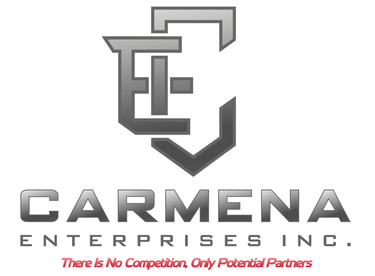Mid-Year Business Check-In: Setting Sustainable Goals for 2025


Introduction to Mid-Year Business Assessments
The mid-year mark often serves as a pivotal moment for businesses to evaluate their performance, reassess strategies, and set sustainable goals. As we approach the second half of 2025, it is imperative for organizations to conduct a thorough check-in, reflecting on accomplishments and challenges faced thus far. Such assessments can illuminate paths forward, ensuring that companies stay agile and responsive to changing circumstances in the marketplace.
Understanding the Importance of Sustainable Goals
Sustainable goals are not merely targets for financial growth; they encapsulate broader objectives that reflect a company's commitment to social responsibility, environmental stewardship, and long-term viability. By establishing sustainable goals, businesses can align their strategies with their values, thereby fostering a cohesive work culture and building trust with consumers. As organizations forge ahead, integrating sustainability into their objectives can yield not just ethical benefits but also enhanced reputational advantages in increasingly eco-conscious markets.
Steps to Establish Sustainable Goals for the Remainder of 2025
Setting effective sustainable goals requires a structured approach to ensure that they are both achievable and meaningful. Here are several key steps organizations can adopt:
- Review Previous Goals: Begin by assessing the goals set at the beginning of the year. Evaluate which goals have been successfully met and identify any remaining targets that require additional focus.
- Involve Stakeholders: Engage with employees, customers, and partners to gather insights and feedback. Their perspectives can provide valuable context that informs the setting of new goals.
- Focus on Measurable Objectives: When establishing new goals, prioritize those that include measurable outcomes. This could involve specific metrics such as reducing carbon emissions by a defined percentage or increasing community engagement initiatives.
- Align with Business Values: Ensure that all goals set resonate with the core values of the business. This alignment will help reinforce commitment throughout the organization.
- Implement Regular Check-Ins: Establish a timetable for regular evaluations of progress toward these sustainable goals. Consistent check-ins can help address any deviations from the plan and facilitate adjustments as necessary.
In conclusion, a mid-year business check-in offers an essential opportunity for companies to pause, reflect, and set sustainable goals that will guide them through the rest of 2025. By embracing sustainability as a core component of their strategic objectives, businesses can operate not only with a profit mindset but also with a sense of purpose that resonates well with stakeholders and the broader community. As organizations take the steps outlined above, they are better equipped to navigate the challenges of the remaining months, driving progressive change in the business landscape.
